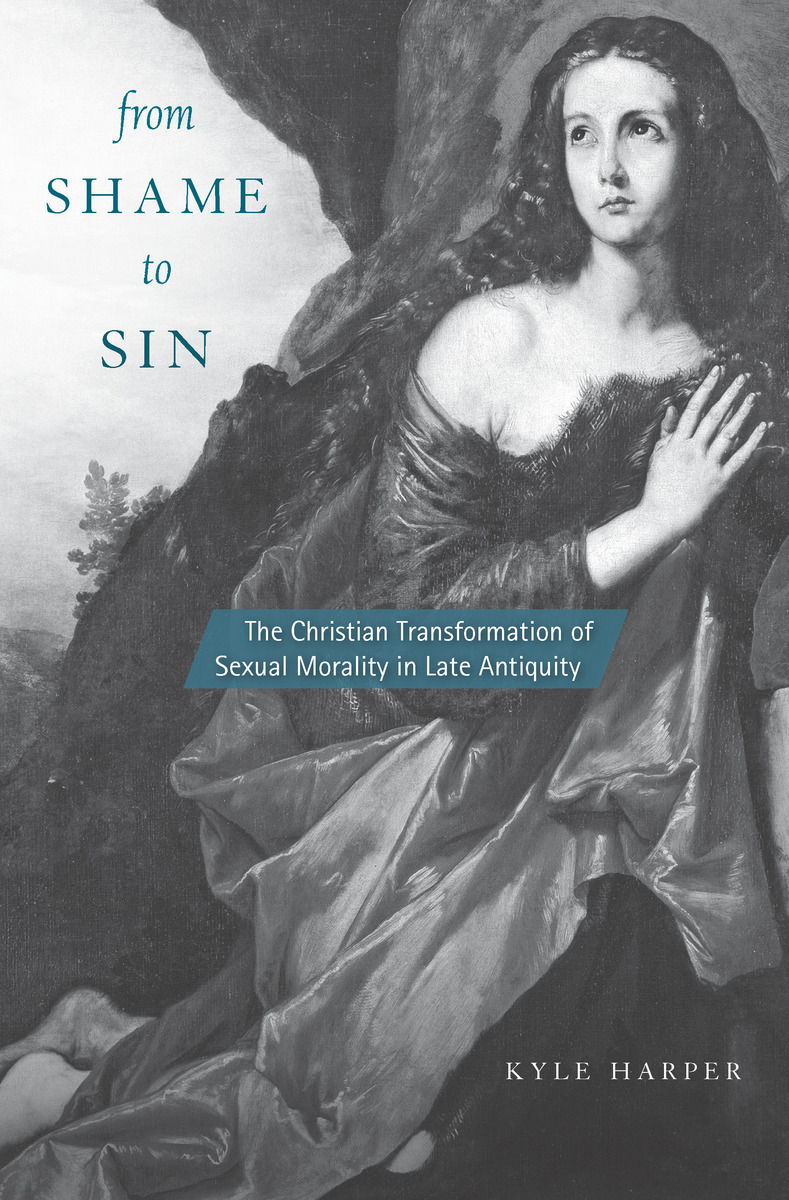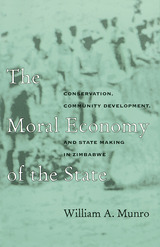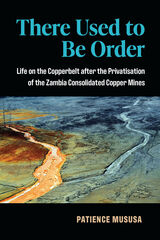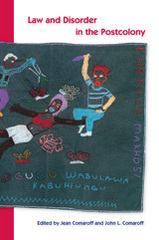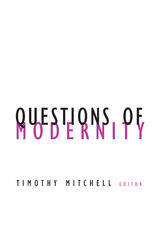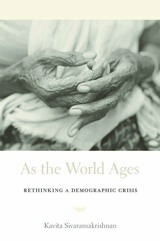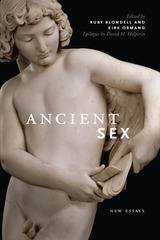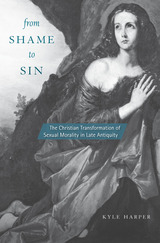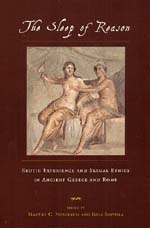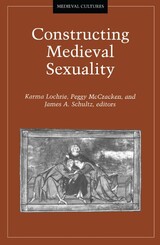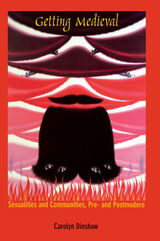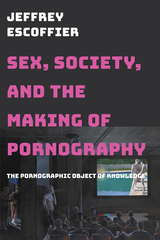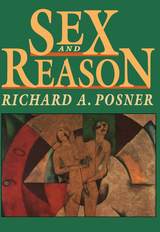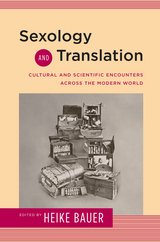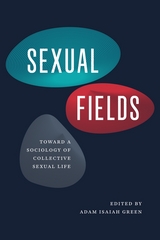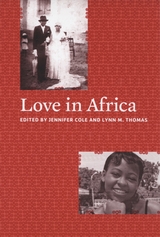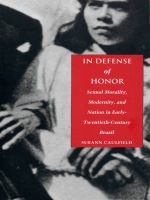Only in the last generation have we realized the sheer, tingling drop of the canyon that lies between us and a world that we had previously tended to take for granted as directly available to our own categories of understanding. ‘Revealing Antiquity,’ the Harvard University Press series edited by Glen Bowersock, has played its part in instilling in us all a healthy sense of dizziness as we peer over the edge into a fascinating but deeply strange world. Kyle Harper’s book From Shame to Sin: The Christian Transformation of Sexual Morality in Late Antiquity is a scintillating contribution to this series. Not only does it measure the exact nature of the tension between the familiar and the deeply unfamiliar that lies behind our image of the sexual morality of Greeks and Romans of the Roman Empire of the classical period. It also goes on to evoke the sheer, unexpected strangeness of the very different sexual code elaborated in early Christian circles, and its sudden, largely unforeseen undermining of a very ancient social equilibrium in the two centuries that followed the conversion of Constantine to Christianity in 312… What Harper has done with this peremptory material is remarkable. He has imposed a firm narrative structure, based on the progress of the laws, on the history of sex in late antiquity… I wish that I had had a book as clear, as cogent, and as intellectually responsible as Harper’s From Shame to Sin before me when I began to write on similar topics in the early 1980s, some third of a century ago. One can only envy the good fortune of those who can now embark on their own work with such a book in hand.
-- Peter Brown New York Review of Books
[A] remarkably rich book… Harper traces the revolution in sexual morality from the class-ridden, exploitative ethic of the pagan Roman empire, to the claims of equal dignity and the promise of redemption in early Christianity.
-- Matthew J. Franck First Things
Kyle Harper’s examination of the traditional narrative of the Christian prudish revolution of late antiquity is a compellingly written book about sex and shame… His interest lies both in undermining various popular and academic stereotypes; that Christianity restrained and confined human sexuality with ponderous religiosity or that the Romans were consummate prudes—and in shaping a new understanding of the course of this sexual transformation.
-- Candida R. Moss Times Higher Education
Harper brings a classicist’s expertise to this rich, provocative account of early Christian attempts to transform Roman sexual culture and the understandings of the body, property, sexuality, and the cosmos that formed its basis. This important contribution contextualizes Christian Scripture in a more exhaustive and extensive way than most theological and biblical studies treatments do. The author shows how Christian preaching and teaching responded to social customs and understandings. He indicates the ways in which Christians both borrowed and transformed notions of fate, fortune, and self-control found in classical novels and other Christian literature. Harper also traces the arc of development of Christian sexual ethics into the first few centuries of the church, showing that not only Paul but other Christian writers and theologians as well were deeply shaped by cultural debates over the sexual role of slaves and the value of virginity. Students of classics, Christian ethics, and the New Testament will find this outstanding book indispensable.
-- A. W. Klink Choice
Harper puts together materials in ways that highlight some of the important changes in sexual morality that Christianity wrought. In particular, he challenges the tendency set in motion by Veyne, Foucault, and followers that emphasized the similarities between the ‘restraint’ and ‘moderation’ counseled by Roman-era philosophers (‘gloomy Stoics’) and literary men, and the more drastic renunciation preached by (some) Christians.
-- Elizabeth Clark, Duke University
